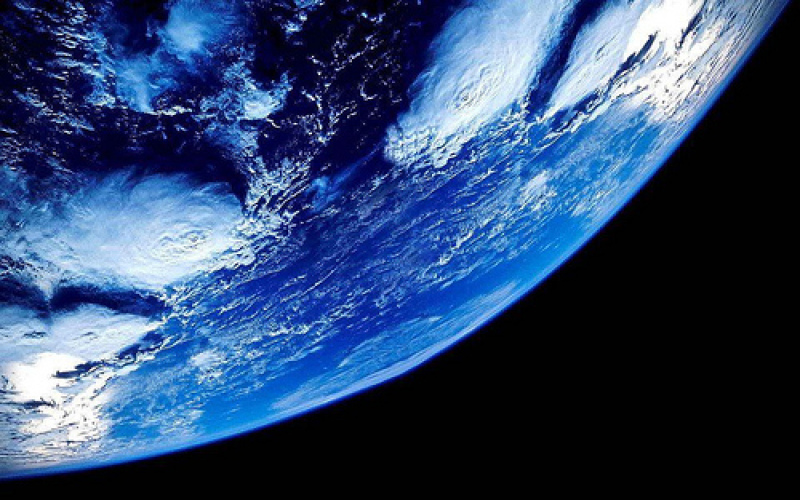
A new study conducted by a team of scientists revealed that the effects of climate change could alter the rotation of Earth.
This phenomenon, of course, would have a direct effect on the length of a day on the planet.
The scientists noted that over the past centuries, global warming has caused the sea level to rise by about .06 to .08 inches annually. This is mainly due to the melting ice glaciers, Live Science has learned.
As these ice caps melt, the force of their weight on the ground shifts away. This causes the poles to appear more flat and also leads to a slight tilt on the Earth's orientation. These changes could all result to a slight acceleration in the planet's spin.
"The rise of the sea level and the melting of glaciers during the 20th century is confirmed not only by some of the most dramatic changes in the Earth system - for example, catastrophic flooding events, droughts, heat waves - but also in some of the most subtle - incredibly small changes in the Earth's rotation rate," lead researcher Jerry Mitrovica of Harvard University said according to Live Science.
However, scientists also believe that the melting ice glaciers could have an exact opposite effect. Specifically, it could cause the Earth to spin a little bit slower.
Mitrovica explained that this could happen as the water from the melting ice caps flows to outer regions. In other words, the weight from the glaciers, which was once in a steady location, gets shifted to another part of the planet.
The movement of the mass outwards could lead to a deceleration in rotation, just like how a figure skater slows down his or her spinning move.
"Because glaciers are at high altitudes, when they melt they redistribute water from these high latitudes towards lower latitudes, and like a figure skater who moves his or her arms away from their body, this acts to slow the rotation rate of the Earth," Mitrociva explained according to Reuters.
The scientists noted that a slower rotation will cause days to last longer. Faster spins, on the other hand, will lead to shorter days. However, people will probably not feel this time difference since the scientists predict that the varying rotational speed will only cause a variation of about 1.7 milliseconds, CBC reported.
The study of Mitrovica and his team was published on December 11 in the journal Science Advances.



















